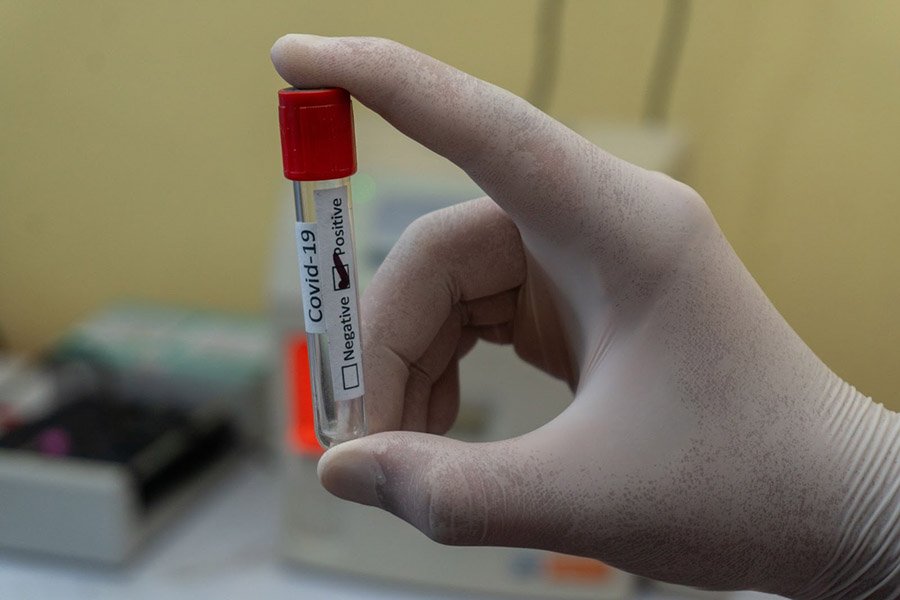Cord blood was mostly disposed of as medical waste. After a child’s birth, the connection point between a child and a mother through the umbilical cord and placenta is cut and disposed of. But the medical process has changed a lot in these years. With the advancement of technology, medical science is not behind in protecting things for the good of humans. For instance, we can now store the cord blood from the umbilical cord of a newborn baby for at least 15 years. But why should we consider and store cord blood? Well, there are several health benefits a child and their parents and even their family can get by storing cord blood. Stem cells available in cord blood are considered unique because they do not develop into any specific type of cell. Moreover, it is helpful to treat almost 80 diseases related to the human body. This includes certain forms of disorders like lymphomas, leukemia, and anemia as well. So, our main concern is to save cord blood, which is only possible through cord blood banking. But there are two types of cord blood banking available in the market:
- Private cord blood banking.
- Public cord blood banking.
What Is Private Cord Blood Banking?
The foremost feature of using private cord blood banking is to save the cord blood of your baby for the future usage of only your family.
Well, it takes money to ensure the preservation of cord blood in a private bank. It is likely to match the cord blood of a baby to match in the future by 100% and the family members by 50%.
So, if you consider a private cord blood bank, then you are probably thinking of a health investment where you have to pay money to collect, store and manage the cord blood preservation process.

What Is Public Cord Blood Banking?
In addition, public cord blood banks serve their benefits and work as a donation camp for funding. Not every person can afford the donation of private cord blood banks, and for them, public cord blood banks are a viable option.
Here you can easily store your child’s cord blood without paying any money. Then where is the problem? Well, there is no guarantee that you will get your child’s cord blood for treatment when they need it. It’s a public donation bank that only considers the needs and emergencies of the patients.
Key Differences Between Public And Private Cord Blood Banking
From the above-mentioned discussions on both banks, you have probably by now guessed the difference between private and public cord blood banks. Going through a dissecting scout, we found some prominent differences between private and public cord blood banking processes.
Key Intentions
The key intention of a private cord blood bank is to store your baby’s cord blood to prevent almost 80 diseases from your family members. These banks are also open to clinical trials, which are open to delivery.
On the other hand, public cord blood banks are not open for clinical trials. It only stores cord blood as a donation process.
Compatibility Of Usage
Both banks have different notions about letting you use cord blood. For the private banks, you will easily use your family member’s cord blood after years of storage. So, the chances of compatibility are very high with these private banks.
On the other hand, public cord blood banks work as a donation camp, and thus they can sell it to other families if they are in an emergency. So, the chances of compatibility are very low with public cord blood banking.
Cost To Retrieve
The costs of this service may be one of the most important key factors worth considering. Private cord blood banks are expensive as you will have to pay for years to store the cord blood in their banks. But during the retrieval process, these banks will not cost you anything.
In contrast, public cord blood banks are initially free to store, but whenever you need the blood for treatment, the retrieval process will cost you around $45,000, which is a huge amount.
Rights
We have already maintained that if you are paying money to private banks, then you have 100% right to use the cord blood for your child or siblings.
But if you choose to go with public cord blood banks, you cannot claim your donated cord blood after years when you need it. However, we cannot neglect the importance of public and private cord blood banking as these are viable options for medical testing and collection processes.
















